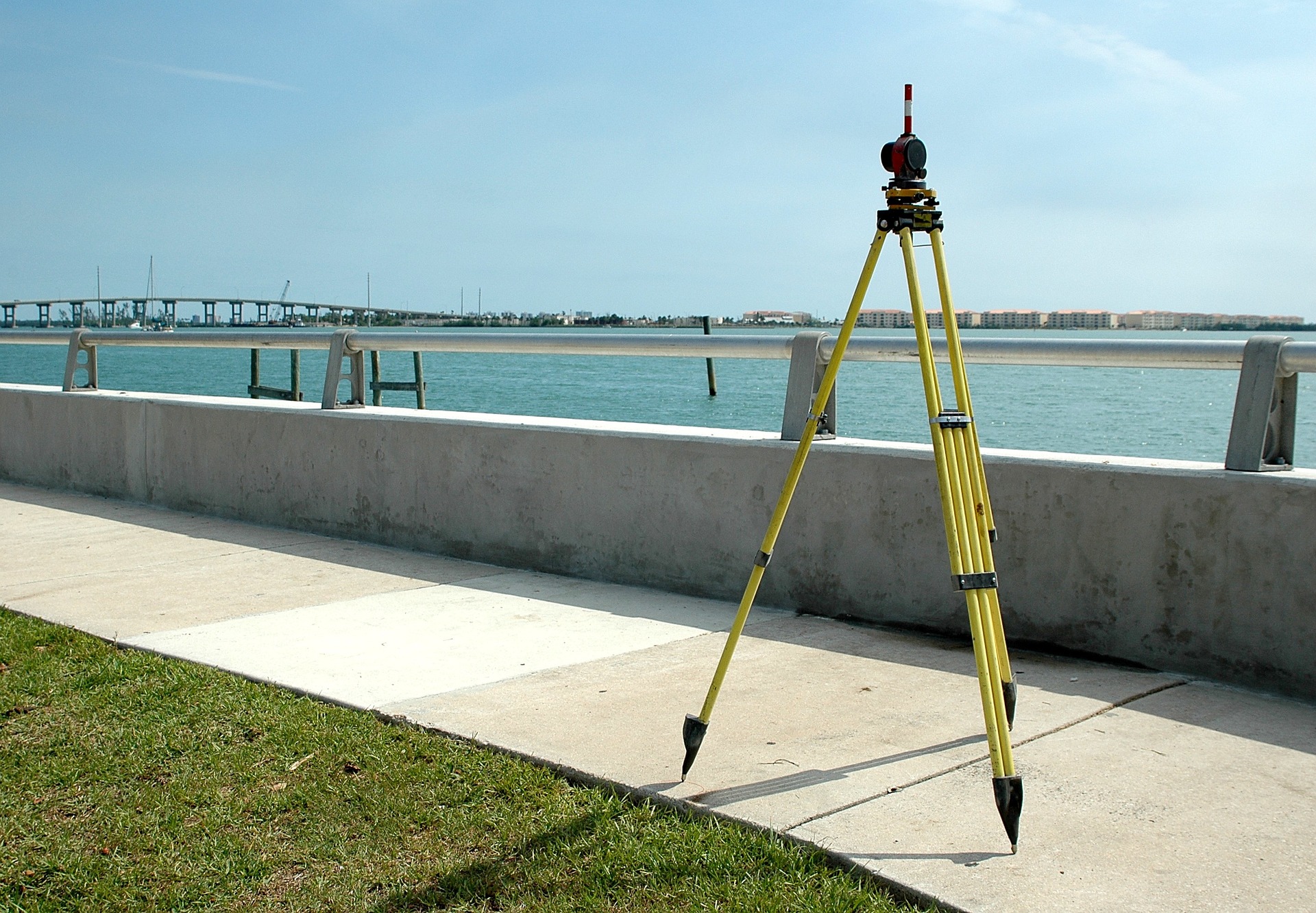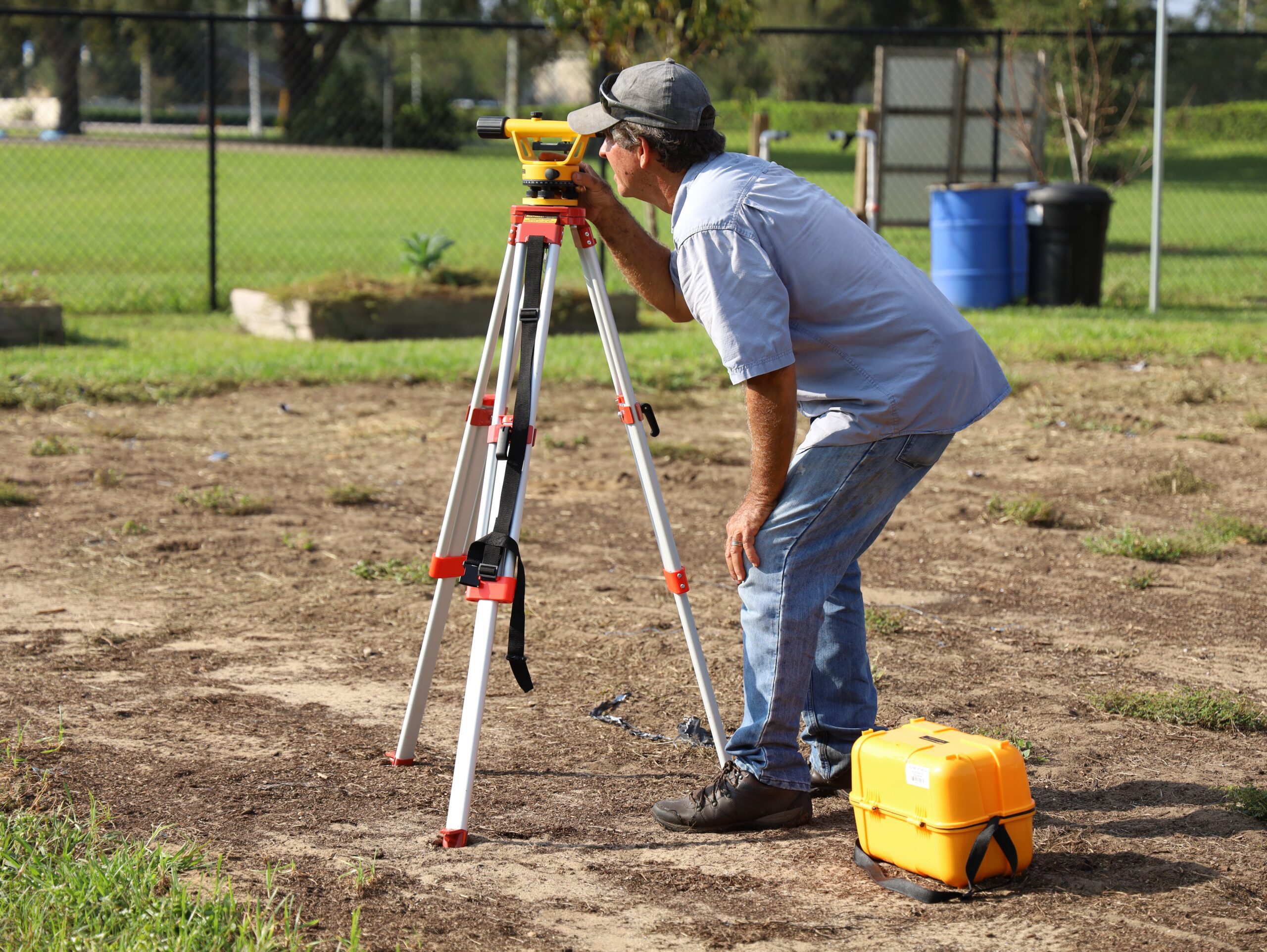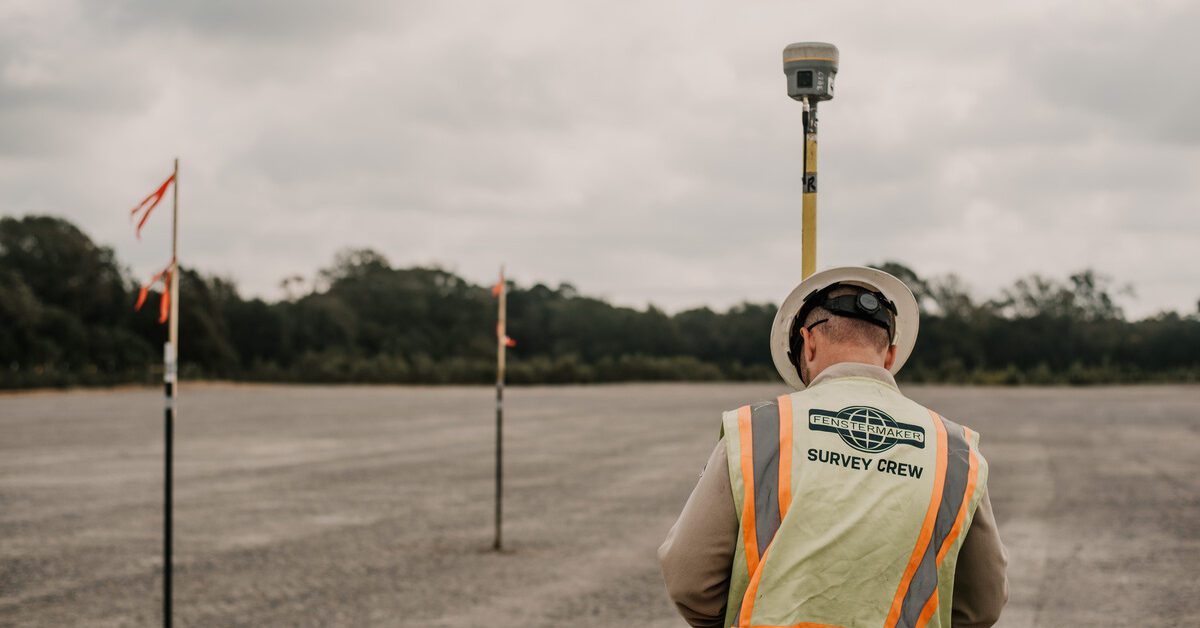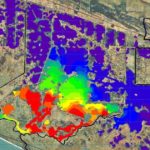Have you been considering a career in surveying but aren’t sure where to start? Are you thinking that this industry might be the right one for you to establish a stable, fulfilling lifetime career? If so, you’re in the right place.
Land surveying is an excellent career that’s closely linked to professions like civil engineering, architecture, urban planning, and cartography. It usually offers consistent hours, above-average pay, and the opportunity to engage in intellectually challenging and rewarding work without whiling away your days in an office.
Because surveying involves both fieldwork and office work, it’s a great option for anyone who wants to spend their time outdoors while still being part of the professional-level workforce. Surveying offers tremendous variety, is fast-paced, and combines the attractions of being outside and working at a high level. If that appeals to you, read on.

via Pixabay
In this article, we’ll be covering the job responsibilities a surveyor may engage with as well as how to become one. We will answer all of your questions about the licensure process and what you can expect on a daily basis working as a surveyor.
What Does a Land Surveyor Do?
In the most general sense, surveyors make precise measurements in order to determine property boundaries. But really, their jobs are so much more complex than that. Surveyors are responsible for providing data about the Earth’s surface and its shape and contour. This data is then used for civil engineering, mapmaking, and construction projects.
Surveyors may be responsible for a variety of different tasks, including:
- Measuring distance and angles between points on, above, and below the surface of the Earth
- Traveling to locations and using known reference points there to determine the exact locations of important features
- Looking for evidence of previous boundaries as part of determining where boundary lines are and should be located
- Researching land records, land titles, and past surveying records
- Preparing plots, maps, and reports based on their findings
- Recording the results of surveying projects
- Verifying the accuracy of data collected during surveying projects
- Establishing official land and water boundaries for deeds, leases, and other legal documents
- Presenting findings of surveying projects to both clients and government agencies
- Testify in court as an expert regarding survey work
One of the most important jobs of surveyors is marking and documenting the location of legal property lines. This occurs most often when a building (whether residential or commercial) is bought or sold. Surveyors may be called in to mark property boundaries in order to prevent or resolve disputes between landowners.

via Pexels
Equipment Used by Surveyors
In pursuit of this task, surveyors use various measuring equipment. The exact equipment will depend on the type of survey being conducted, but surveyors almost always make use of the Global Position System (GPS).
The GPS is a system of satellites that allows surveyors to locate reference points with a high degree of precision. Surveyors use handheld GPS units as well as automated systems called “robotic total stations” in order to collect crucial information about whatever terrain they’re currently surveying. After this data is collected, surveyors are then able to interpret and verify the results they procure on a computer.
Another common type of technology that surveyors use is called Geographic Information Systems, or GIS. This is a technological innovation that allows surveys to present spatial information visually through methods like maps, reports, and charts.
For example, a surveyor might choose to overlay aerial or satellite images with GIS data, which could encompass something like the density of trees in a certain region, in order to create digital maps. Surveyors could use this data and the results to advise governments or businesses on where to plan homes, where to locate commercial centers, and where to position roads, landfills, or any other civil engineering projects.
These days, advances in surveying technology have allowed many jobs to be performed by just a single surveyor. Other jobs might be performed by a crew, which consists of a licensed surveyor as well as trained surveying technicians. The person in charge of the crew is typically called the “party chief” and may be either a surveyor or senior surveying technician. That person is in charge of leading day-to-day activities on the site.
Surveyor Specializations
Surveyors work with many different other professionals, including civil engineers, landscape architects, urban planners, cartographers, and photogrammetrists. Additionally, many surveyors end up specializing in a certain area that’s most aligned with their interests. Specialization gives surveyors the chance to hone their skills in a given field.
Common areas of surveyor specialization and popular types of surveyors include some of the following:
- Boundary or land surveyors determine legal property lines in order to help determine the exact locations of construction or real estate projects.
- Engineering or construction surveyors are tasked with determining the precise locations of roads or buildings and finding the appropriate depths for foundations. They also may be in charge of surveying the grade and topography of roads.
- Forensic surveyors survey and record data from accident scenes in order to determine potential landscape effects.
- Marine or hydrographic surveyors make it their job to survey harbors, rivers, and other bodies of water in order to determine shorelines, water depth, the topography of the ocean floor, and other important features.
- Geodetic surveyors are in charge of using high-accuracy technology such as aerial and satellite observations with the aim of measuring large swaths of Earth’s surface.
- Mine surveyors are those who survey and map the tunnels of underground mines. They also survey surface mines in order to find the volume of mined materials.
If you’re considering becoming a surveyor, you might find yourself working in one of these subfields. Choosing the right subfield for you will depend on your unique skill set as well as the areas that you’re most interested in.
5 Steps to Become a Surveyor
While you might have some additional steps should you choose to specialize in a specific field within the surveying industry, the following steps will walk you through the general process of becoming a surveyor.
#1: Complete a Bachelor’s Degree
Because surveying relies on the use of advanced technical equipment and mathematics, completing a bachelor’s degree is required in some states when you’re considering entering a career as a surveyor.
Depending on which state you live in, you may also need to complete an ABET-accredited program so that you can qualify for licensing after graduation. ABET stands for the Accreditation Board for Engineering and Technology and was originally founded in 1932 as a professional development council for engineers.
Many ABET-accredited colleges and universities will be able to offer bachelor’s degree programs that are specific to surveying. Your coursework will probably include classes like calculus, physics, geography, geology, cartography, and surveying techniques. If your school has a GIS lab, it’s also definitely worth taking courses in that area.
#2: Take and Pass the FS Exam
The FS exam is shorthand for the Fundamentals of Surveying exam, which is available for graduates and students who are earning a bachelor’s degree from one of those ABET-accredited programs. The National Council of Examiners for Engineering and Surveying (NCEES) is the body that offers this first licensing exam.
It’s necessary to take the FS exam if you want to start a career as a land surveyor. When you pass the exam, you can become a surveyor-in-training, meaning that you’ll be able to work with a licensed surveyor who will guide and supervise you through getting experience in the field and on the job.

via Pexels
#3: Gain Work Experience
Before you apply to be a licensed surveyor, you will need to gain a fair amount of hands-on experience. This can occur after you’ve passed the FS exam, and you’ll work under the supervision of a licensed surveyor in order to build your portfolio of work experience.
Each state requires a different number of years of professional experience in order to obtain licensure. But generally speaking, you’ll need to work for a few years as a surveyor-in-training before you can apply for your surveyor’s license. You will need that license in order to be able to sign off on surveying documents and have your full suite of qualifications.
#4: Take and Pass the PS Exam
Yes, you read that right – there are two exams required on the path to becoming a surveyor. The second exam, which is called the Professional Surveyor (PS) licensing exam, is the second licensing requirement that’s given by the NCEES. If you want to obtain licensure in your state as a fully licensed surveyor, it’s usually essential that you complete the PS exam.
It’s important to note that you can’t just take the FS and PS exams one after another when you graduate from college or university. Taking the PS licensure exam requires at least four years of experience working with a licensed surveyor, and of course, you’ll also have to show a passing score on the FS exam in order to sit for it.
#5: Obtain Your Surveyor’s License Through Your State
Did you think you were done after two exams? Not quite. Once you’ve taken and passed both the FS and PS exams to gain national licensure, you’ll be eligible to sit for your state’s exam. All surveyors are required to have state licensure in order to work professionally.
In many states, you’ll need to have gained professional experience working under a licensed surveyor for some time before you take your state exam. For most individuals, however, you will have already met this requirement in the four years of training needed before taking your PS exam, so you’ll be ready to go once you pass that one.
Final Thoughts
If you’re considering a career in the field of surveying, these five steps can be the ones to propel you there. Land surveying is a perfect career for people who don’t want to be stuck sitting in an office all day and who enjoy getting outside.
Typically, surveying will involve both fieldwork and office work, so it’s an excellent career choice if you want a professional-level job that will allow you to get outside without being too labor intensive. It’s the perfect combination of indoor and outdoor work, and if you’re passionate about civil engineering projects, it could be the right job for you.
Surveyors do important work in the construction, engineering, and resource protection fields. They make crucial contributions to our society and contribute to our modern world being the way that it is today. With surveying job opportunities continuing to grow, it can be an excellent field to get involved in today.
FAQs
What qualifications do you need to be a surveyor?
Surveyors will generally need a bachelor’s degree from an ABET-accredited program in order to begin working in the surveying field. All 50 states and the District of Columbia require surveyors to be licensed, meaning that they will typically have to complete both the FS (Fundamentals of Surveying) and PS (Professional Surveyor) exams.
Is being a surveyor a good career?
Being a surveyor is generally considered a good career, as surveyors make about 35% more than the average American worker. Surveyors continue to be highly in demand to work on certifying boundary lines, reviewing construction sites, and working on resource extraction projects. Technologies are making the industry ever more efficient.
What type of surveyors earn the most?
Surveyors who work in government industries earn the most money, with a median annual wage of $77,460. In second place, surveyors in the mining, quarrying, and oil and gas industries make a median annual wage of $64,150. Surveyors in general make an average salary of $61,600 every year.
Is surveying a stressful job?
Surveyors typically have high levels of career satisfaction and do not find their jobs too stressful. Surveying job opportunities are expected to increase by more than 20% in the next ten years, so anyone who wants to get a foot in the door should be able to do so.





